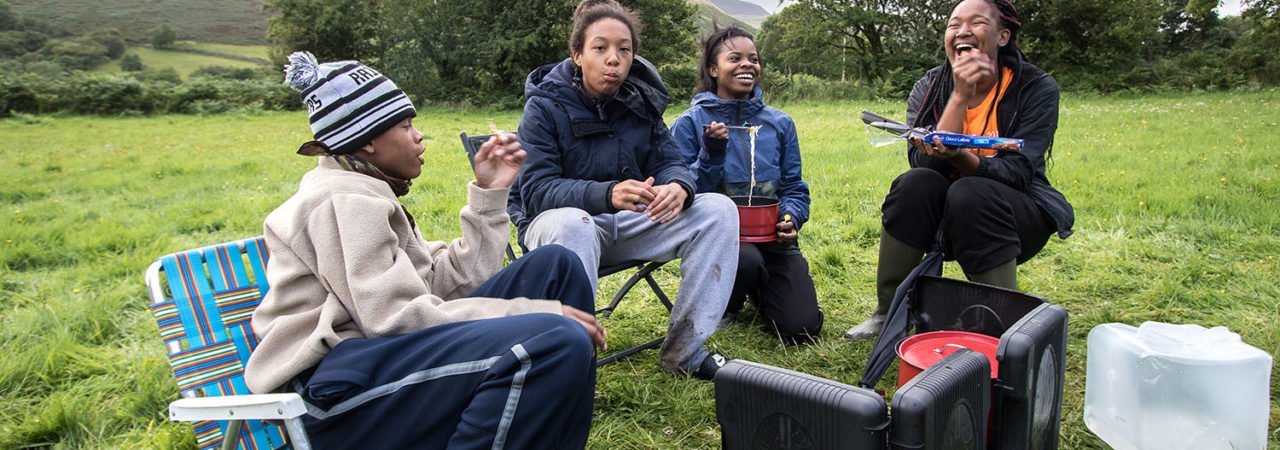As we pass our 90th day in lockdown and the government has started to ease restrictions, our youth team – still out and about supporting young people – have started to observe a growing number of young people back out on the streets, along with a general lack of proper social distancing in general. After twelve weeks being stuck indoors, these young people are suddenly finding themselves under less supervision – parents are starting to return to work, but schools have not reopened yet. And we’re worried that, after such a long period of boredom, they may turn to less savoury methods of finding ways to amuse themselves with their newfound freedom.
In some ways, this is not unlike the long summer holiday from school – but the major difference is that providers like ourselves can prepare programmes of activities to engage young people during those six weeks. With the current combination of the lockdown, social distancing, and government guidelines restricting youth work, there’s little in place for young people as they’re freed from the home.
But we have to make the most of the situation we are faced with – while we must, of course, follow the guidelines, we ought to also focus on expanding our detached and outreach offers as much as we possibly can. There is a need now, more than ever, for an expansive programme of activities that allow young people to express themselves proactively, lest they end up making their own, potentially negative, entertainment. We acknowledge that the vast majority of young people will remain positive members of society but we must cater to the noticeable minority who are more at risk under these conditions. As in the summer holidays, we need more structured provision – the high impact activities such as day trips and residentials. We need to be able to bring these young people together in proper venues and we need to be able to engage with them directly. We understand the dangers of COVID-19 but we must also understand the dangers of not providing the most vulnerable young people with engaging and structured activities. We are calling for the following;
- Allowances in social distancing for key youth workers and activities. We suggest the school’s bubble principle could be adopted.
- The opening of unused resources to host youth activities while they are closed or unused over the summer, and the encouragement of these resources to be donated.
- Solutions in transportation when public transport is encouraged against and the use of usual solutions such as mini-busses would not facilitate social distancing.
We know that LifeLine is not alone in having a team that is strongly committed to supporting young people and who are eager to get out and properly engage with them. And we know we can work in a responsible manner and bring everyone together while still keeping them safe. But it is unrealistic to expect us to be able to truly support young people while these restrictions are still in place.



